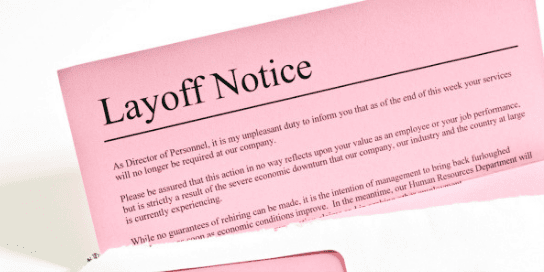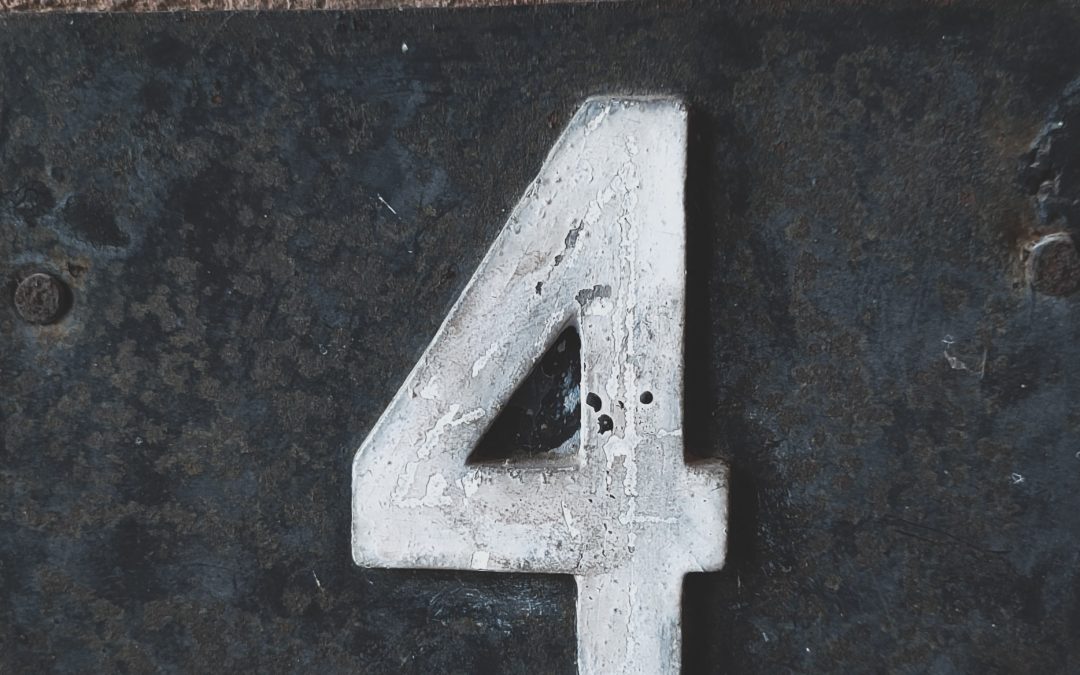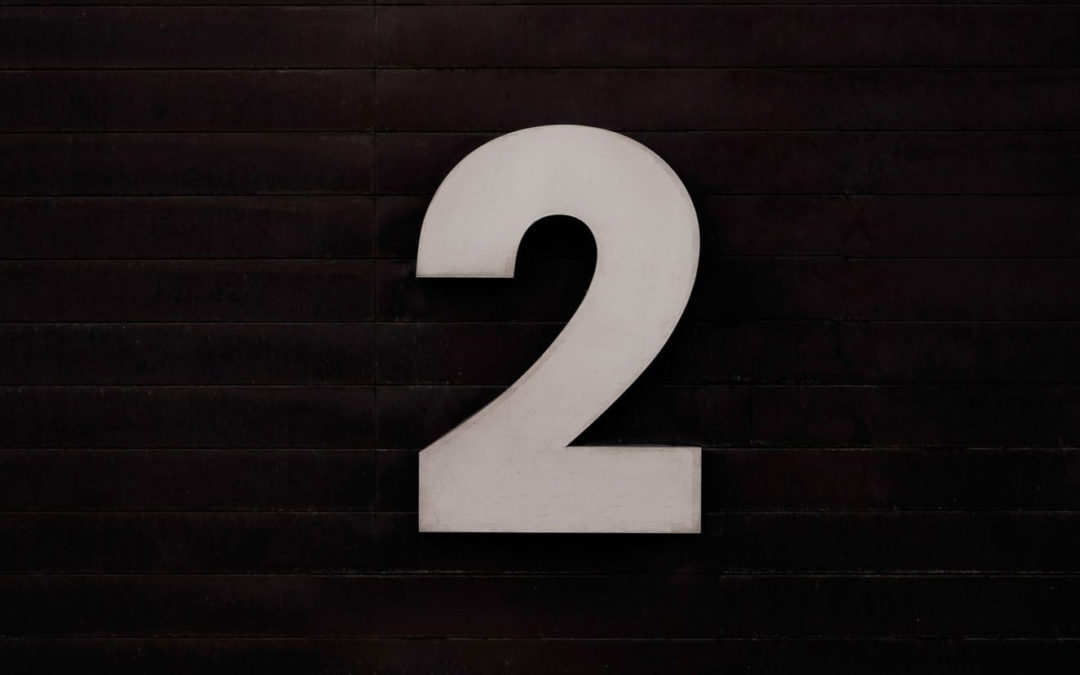What really keeps people in poverty?
Is it the same self-destructive patterns that hold us back, whether we’re poor, middle class, or wealthy? Are we all really not that different? Isn’t a foundation of wealth built and lost in the day-in-day-out decision making trenches where we battle similar challenges everyone faces?
What is Emotional Capital?
“Being able to choose and control emotional responses, particularly to negative situations, without engaging in self-destructive behavior. This is an internal resource, and shows itself through stamina, preference, and choices.”
– A Framework for Understanding Poverty, Ruby K. Payne
You’re not homeless, but how does self-destructive behavior keep you from the best version of your financial self? Your investments? Your spending? Your proactive tax planning? The amount of debt you have? Do you have negative emotional cycles in your wealth?
Is it generational?
Rich. Poor. Middle, but all the same inside?
Understanding your emotions, and the systems you use to process them, is important. A billionaire hedge fund manager says meditation for 20 minutes two times a day is “the single most important reason for whatever success I’ve ever had.” Defy Ventures transforms formerly incarcerated men into entrepreneurs through mindset training and a curriculum that teaches them how to build, manage, and invest emotional capital.
Prison. Penthouse. Are these environments just fronts for the same challenges we all face?
“If an individual depends upon a random, episodic story structure for memory patterns, lives in an unpredictable environment, and HAS NOT DEVELOPED THE ABILITY TO PLAN, then …
If an individual cannot plan, and he/she CANNOT PREDICT.
If an individual cannot predict, he/she CANNOT IDENTIFY CAUSE AND EFFECT.
If an individual cannot identify cause and effect, he/she CANNOT IDENTIFY CONSEQUENCE.
If an individual cannot identify consequence, he/she CANNOT CONTROL IMPULSIVITY.
If an individual cannot control impulsivity, he/she HAS AN INCLINATION TOWARD CRIMINAL BEHAVIOR.”
– A Framework for Understanding Poverty, Ruby K. Payne
Couldn’t we just replace “criminal behavior” with “bad investment results”? Or overspending? Taking on too much debt? Ignoring real serious financial problems? Being convinced we are smarter than we really are by taking on too much risk?
Are you willing to admit that you can be self-destructive at times? Don’t worry, my hand is up too; if you can admit it, you aren’t the only one.
Most people will keep their mindset, habits, and belief systems unless they develop the right relationships.
What is Social/Relationship Capital?
Yes, education and employment are precursors to lift a life from the streets, but the single most important element is positive relationships. That’s what really helps people move out of poverty.
“No significant learning occurs without a significant relationship.”
– James Comer
Are the essential elements of great relationships any different for billionaires versus someone on food stamps?
One essential element of relationships is mutual respect, which breeds:
- Support: Direct teaching and mental models
- High expectations: “I know you can do it, and you will.”
- Insistence: Motivation and persistence that come from the relationships.
– A Framework for Understanding Poverty, Ruby K. Payne
Is a great financial planning relationship any different?
It feels pretty basic, but how many of all your recurring interactions with people or relationships in your life create all three?
It takes others. They need to believe in us, and we believe in ourselves. It’s symbiotic.
There’s someone I believe in, who I hope will believe in himself someday.
On my drive to the gym every morning, I’d usually see a transient man named Sean. Most people who drove by him would roll up their windows.
I’d open mine and we’d talk; sometimes I’d pull over.
I’d been reading about how writing could be therapeutic, and how practicing it could change people’s lives. So, I brought Sean a journal and a pen, and I told him I’d pay him to write his life story.
A week later, we had this conversation:
“Hey Eric, almost 10 pages written on my life story. Trying to get my car out of impound. My stuff got drenched in the flood. I really want to work… You know that, Eric… Ahhh…”
“I’ll buy your story once it’s all finished. Just keep writing,” I said.
“I’ve been thinking though, Eric… My story is. Really. Good… What if I sell you my story… And you make…A million bucks?”
“I’ll give you all the money Sean.”
There was a long, long, long pause.
“No, Eric, I’d split it with you.”
That brief exchange changed my life. It showed me what might happen if you believe in someone, and they believe in themselves.
Sadly, I haven’t seen Sean since, and can’t reach him.
So, Sean, if you’re still out there…
I hope you’re safe, and I can’t wait to pay you for your story. I miss our talks, and your perspective is a million times more valuable than you think.
I believe in you Sean.






